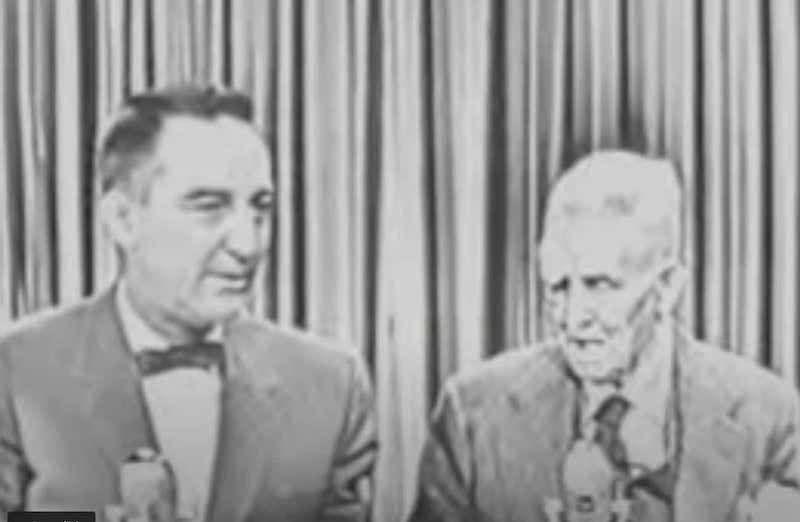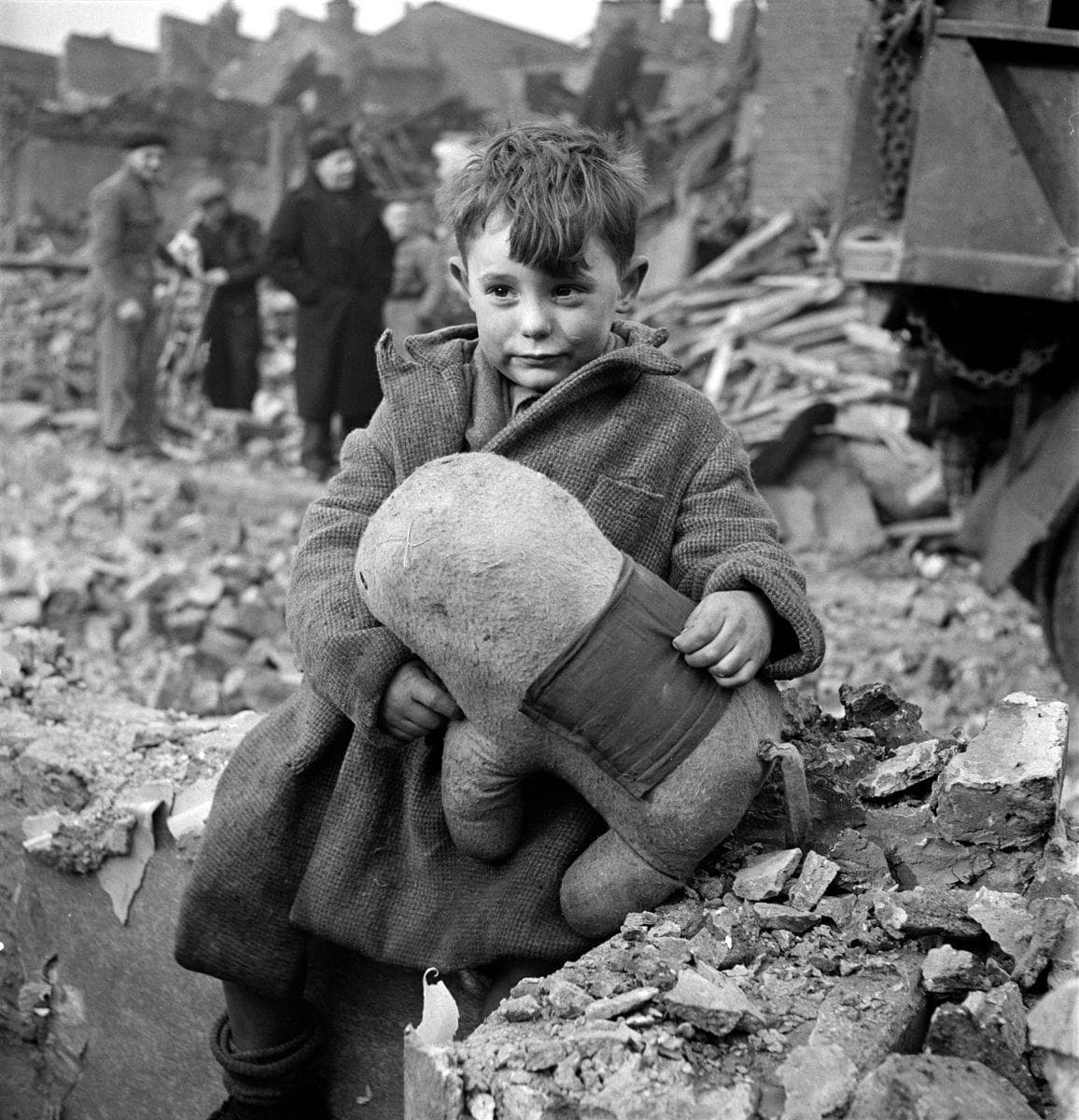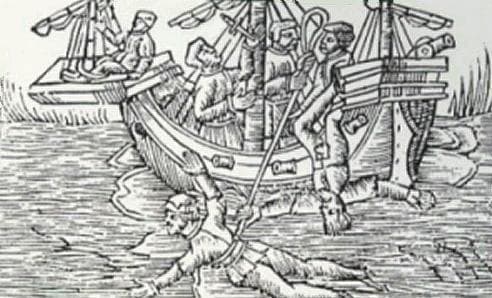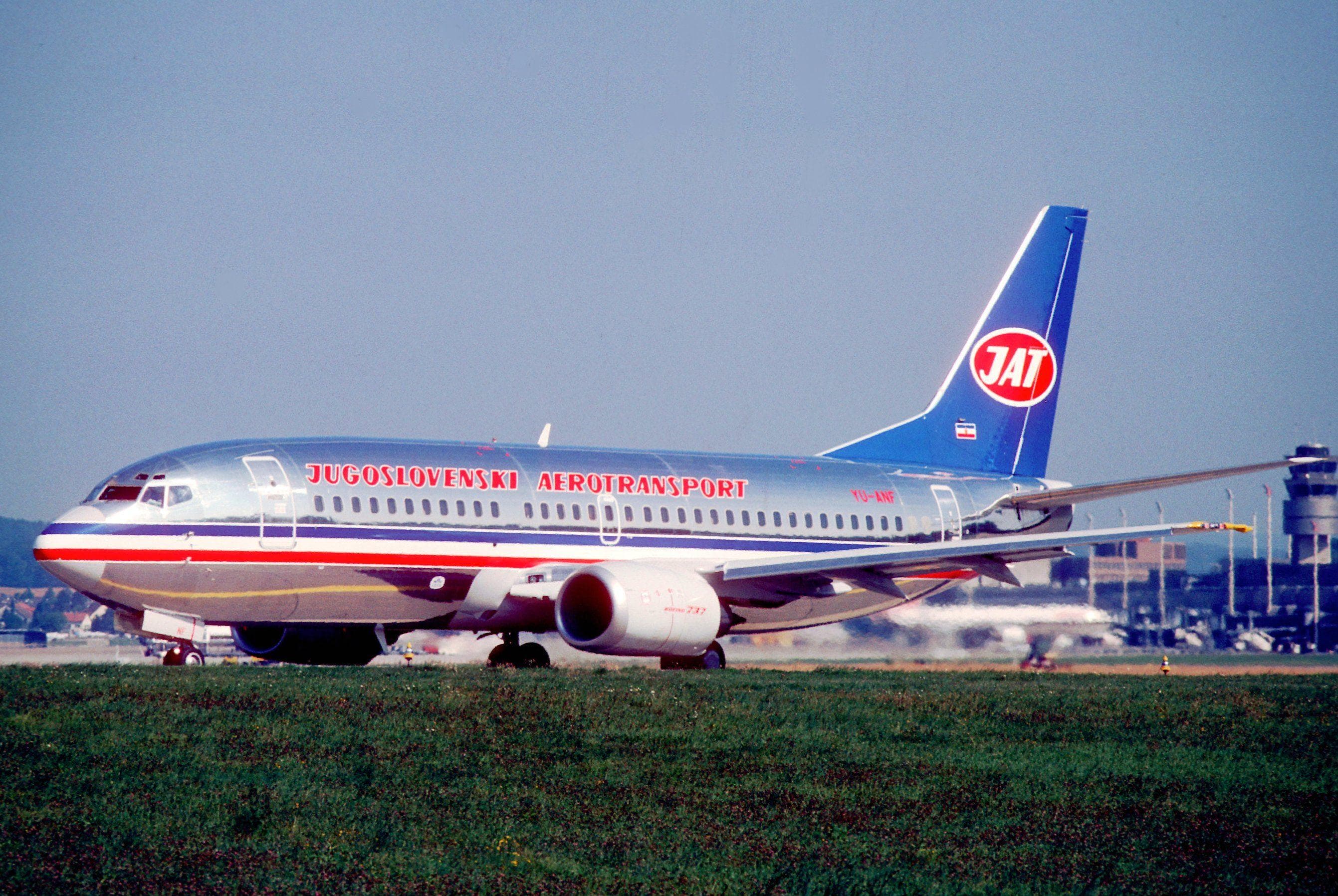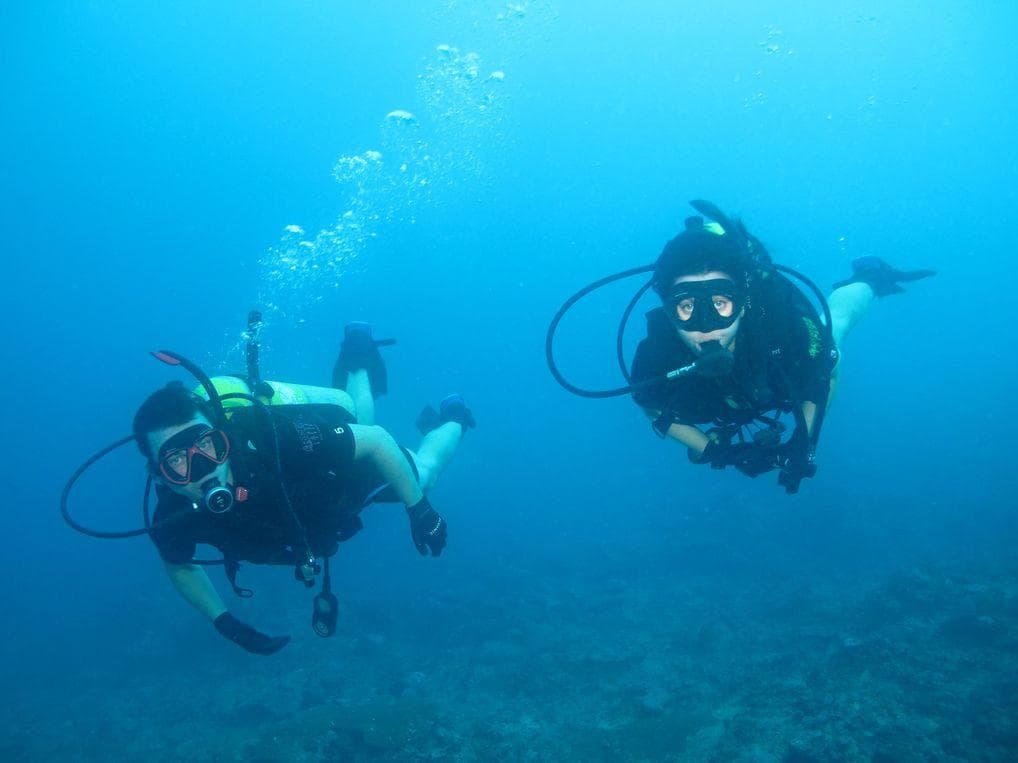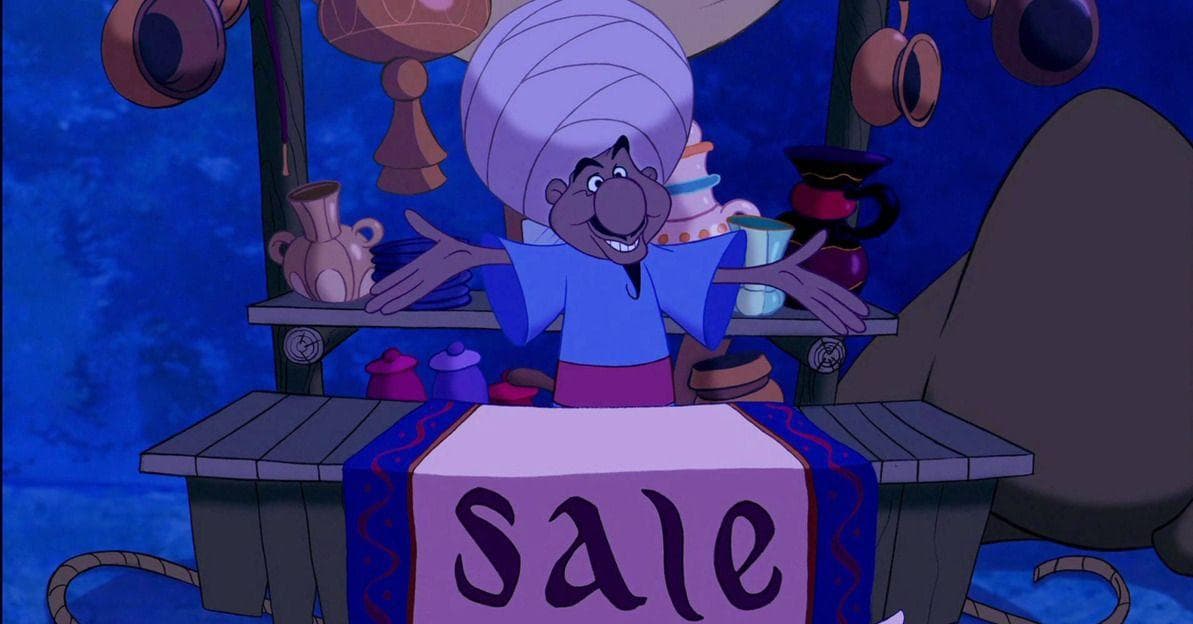-
Rafe de Crespigny (Australia)
-
Charles Patrick Fitzgerald (Australia)
-
Colin Mackerras (Australia)
-
Robert Henry Mathews (Australia)
-
John Minford (Australia)
-
Pierre Ryckmans (Australia)
-
Yingjie Guo (Australia)
-
Michael Prochazka (Austria)
-
Simon Leys (Belgium)
-
Roel Sterckx (born 1969) (Belgium)
-
Antoine Thomas (Belgium)
-
Ferdinand Verbiest (Belgium)
-
Snejina Gogova (Bulgaria)
-
Timothy Brook (Canada)
-
Charles Burton (Canada)
-
Jerome Ch'en (born 1919) (Canada)
-
Edwin G. Pulleyblank (Canada)
-
Michael Szonyi (Canada)
-
Chia-ying Yeh (Canada)
-
James Dyer Ball (1847-1919) (China, Taiwan, Hong Kong and Macau)
-
Yuen Ren Chao (China, Taiwan, Hong Kong and Macau)
-
C. T. Hsia (China, Taiwan, Hong Kong and Macau)
-
Huang Xianfan (China, Taiwan, Hong Kong and Macau)
-
D. C. Lau (China, Taiwan, Hong Kong and Macau)
-
Li Xueqin (China, Taiwan, Hong Kong and Macau)
-
Rao Zongyi (China, Taiwan, Hong Kong and Macau)
-
Qian Mu (China, Taiwan, Hong Kong and Macau)
-
Qiu Xigui (China, Taiwan, Hong Kong and Macau)
-
Wang Li, linguist (China, Taiwan, Hong Kong and Macau)
-
Wang Tao, archaeologist (China, Taiwan, Hong Kong and Macau)
-
Wang Zhongshu (China, Taiwan, Hong Kong and Macau)
-
Xia Nai (China, Taiwan, Hong Kong and Macau)
-
Yang Bojun (China, Taiwan, Hong Kong and Macau)
-
Gustav Haloun (1898–1951) (Czech Republic)
-
Jaroslav Průšek (1906–1980) (Czech Republic)
-
Linnart Mäll (Estonia)
-
Jean-Baptiste Du Halde (1674–1743) (France)
-
Arcade Huang (1679–1717) (France)
-
Étienne Fourmont (1683–1745) (France)
-
Jean Denis Attiret (1702–1768) (France)
-
Jean Joseph Marie Amiot (1718–1793) (France)
-
Jean-Pierre Abel-Rémusat (1788–1832) – studied languages of the Far East and produced the Essai sur la langue et la littérature chinoises, and the Chinese novel Iu-kiao-li, ou les deux cousines, roman chinois. (France)
-
Stanislas Julien (1797–1873) (France)
-
Séraphin Couvreur (1835–1919) (France)
-
Léopold de Saussure (1886–1925) (France)
-
Léon Wieger (1956–1933) (France)
-
Édouard Chavannes (1865–1918) – best known for his 1) translations from Sima Qian's Shiji, sections of the Hou Hanshu, and the Weilüe 2) studies of Han dynasty stone carvings and Chinese religion, including the groundbreaking study of the worship of Mount Tai in ancient China. His students included Henri Maspero, Paul Pelliot and Marcel Granet. (France)
-
Paul Pelliot (1878–1945) (France)
-
Victor Segalen (1878–1919) – scholar of ancient Chinese sculpture (France)
-
Henri Maspero (1883–1945) (France)
-
Paul Demiéville – studied the Franco-Belgian school of Buddhology. His 1947 work 'Mirror of the Mind' was widely read in the U.S. and inaugurated a series by him on subitism and gradualism. (France)
-
Marcel Granet (1884–1940) – one of the first to use sociological methods (France)
-
Jean Escarra (1885–1955) (France)
-
René Grousset (1885–1952) (France)
-
Étienne Balazs (1905–1963) (France)
-
Jacques Gernet (1921-2018) (France)
-
François Jullien (born 1951) (France)
-
Anne Cheng (born 1955) (France)
-
David Gosset (born 1970) (France)
-
Corinne Debaine-Francfort (birth date unknown) (France)
-
Michel Soymié (1924–2002) (France)
-
Hans Georg Conon von der Gabelentz (1807–1874) – linguist; author of comprehensive Chinesische Grammatik. (Germany)
-
Herbert Franke (1914–2011) – historian of Liao, Jin, and Yuan dynasties. (Germany)
-
Otto Franke (1863–1946) (Germany)
-
Wolfgang Franke (1912–2007), son of Otto (Germany)
-
Emil Krebs (1867–1930) – Polyglot (Germany)
-
Yu-chien Kuan (1931–2018) (Germany)
-
Wolfgang Kubin (born 1945) (Germany)
-
Walter Liebenthal (1886–1982) (Germany)
-
Klaus Mühlhahn (born 1963) (Germany)
-
Christian Schwarz-Schilling (born 1930) (Germany)
-
Erling von Mende (born 1940) (Germany)
-
Rudolf G. Wagner (born 1941) (Germany)
-
Richard Wilhelm (1873–1930) – his translations of the I Ching and other philosophical works popularized classical Chinese thought throughout the Western World. (Germany)
-
Ákos Bertalan Apatóczky (born 1974) (Hungary)
-
Étienne Balazs (1905–1963) (Hungary)
-
Imre Galambos (born 1967) (Hungary)
-
Imre Hamar (born 1968) (Hungary)
-
László Ladány (1914–1990) (Hungary)
-
Lajos Magyar (1891–1940) (Hungary)
-
Zsolt Tokaji (born 1971) (Hungary)
-
Tan Yun-Shan (1898-1983) (India)
-
Tan Chung (India)
-
Yukteshwar Kumar (India)
-
B R Deepak (India)
-
Prabodh Chandra Bagchi (India)
-
Srikanth Kondapalli (India)
-
Sean Hurley (Ireland)
-
Martino Martini (1614–1661) (Italy)
-
Matteo Ricci (1552–1610) (Italy)
-
Michele Ruggieri (1543–1607) (Italy)
-
Giuseppe Tucci (1894–1984) (Italy)
-
Masaru Aoki 靑木正兒 (1887–1964) (Japan)
-
Tetsuji Morohashi 諸橋轍次 (1883–1982) (Japan)
-
A. Charles Muller (Japan)
-
D. T. Suzuki 鈴木大拙 (1870–1966) (Japan)
-
Takakusu Junjirō 高楠順次郎 (1866–1945) (Japan)
-
Kōjirō Yoshikawa 吉川幸次郎; 18 March 1904 – 8 April 1980) (Japan)
-
Yoshimi Takeuchi 竹內好 (1910–1977) (Japan)
-
Naitō Torajirō 內藤虎次郎 (1866–1934) (Japan)
-
Fukui Fumimasa 福井文雅 (1934–2017) (Japan)
-
Yury Zuev (1932–2006) (Kazakhstan)
-
Nicolae Milescu – Moldavian writer, traveler, geographer, and diplomat who was named ambassador of the Russian Empire to Beijing in 1675. He submitted to the Foreign Ministry three volumes of notes of his travels through Siberia and China and later Travels through Siberia to the Chinese borders. (Moldova)
-
J.J.L. Duyvendak (1889–1954) (Netherlands)
-
Jan Jakob Maria de Groot (1854–1921), scholar of Chinese folk religion (Netherlands)
-
Robert van Gulik (1910–1967) (Netherlands)
-
Hans van de Ven (Netherlands)
-
Rewi Alley (New Zealand)
-
Henry Henne (1918–2002) (Norway)
-
Michał Boym (Poland)
-
Gaspar da Cruz (c.1520–1570), author of the first book on China in Western Europe (Portugal)
-
Bento de Góis (c.1562–1607), historian from China (Portugal)
-
Alfredo Co (Philippines)
-
Aileen S.P. Baviera (Philippines)
-
Nikita Yakovlevich Bichurin (1775–1853) (Russia)
-
Pyotr Ivanovich Kafarov (1817–1878) (Russia)
-
Evgenij Ivanovich Kychanov (1932–2013) (Russia)
-
Peter A. Boodberg (1903–1972) (Russia)
-
Julian Shchutsky (1897–1938) (Russia)
-
Vasiliy Mikhaylovich Alekseyev (1881–1951) (Russia)
-
Nikolai Iosifovich Konrad (1891–1970) (Russia)
-
Nikolai Fedorenko (1912–2000) (Russia)
-
Vyacheslav Rybakov (born 1954) (Russia)
-
Wang Gungwu (Singapore)
-
Jana S. Rošker (Slovenia)
-
Mitja Saje (Slovenia)
-
Miguel de Benavides (c. 1552–1605), then based in Spanish Colonial Philippines. (3rd Archbishop of Manila and founder of University of Santo Tomas) (Spain)
-
Juan Cobo (Chinese: 高母羨; pinyin: Gāo Mǔxiàn) (c. 1546–1592), then based in Spanish Colonial Philippines. (Spain)
-
Carmelo Elorduy (1901–1989) (Spain)
-
Juan González de Mendoza (c. 1540–1617), compiler of one of the first European books about China (Spain)
-
Göran Malmqvist (simplified Chinese: 马悅然; traditional Chinese: 馬悅然; pinyin: Mǎ Yuèrán) (Sweden)
-
Johan Gunnar Andersson (Sweden)
-
Bernhard Karlgren (simplified Chinese: 高本汉; traditional Chinese: 高本漢; pinyin: Gāo Běnhàn) (1889–1978) (Sweden)
-
Léopold de Saussure (1866–1925) (Switzerland)
-
'Ali Akbar Khata'i, the author of an early book of China (completed in Istanbul in 1516) (Turkey)
-
Edmund Backhouse (1873–1944) (United Kingdom)
-
Frederick W. Baller (United Kingdom)
-
Robert Bickers (United Kingdom)
-
Derek Bryan (1910–2003) (United Kingdom)
-
Craig Clunas (United Kingdom)
-
Evangeline Edwards (1888–1957) (United Kingdom)
-
Mark Elvin (United Kingdom)
-
Bernhard Fuehrer (United Kingdom)
-
Herbert Giles (1845–1935) (United Kingdom)
-
Lionel Giles (1875–1958) (United Kingdom)
-
A.C. Graham (1919–1991) (United Kingdom)
-
Henrietta Harrison (born 1967) (United Kingdom)
-
David Hawkes (1923–2009) (United Kingdom)
-
Michel Hockx (United Kingdom)
-
Reginald Johnston (1874–1938) (United Kingdom)
-
Gregory B. Lee (United Kingdom)
-
James Legge (1815–1897) (United Kingdom)
-
Michael Loewe (United Kingdom)
-
Roderick MacFarquhar (United Kingdom)
-
Oliver J. Moore (United Kingdom)
-
Joseph Needham (1900–1995) (United Kingdom)
-
Jessica Rawson (born 1943) (United Kingdom)
-
William Edward Soothill (1861–1935) (United Kingdom)
-
Michael Sullivan (born 1916) (United Kingdom)
-
Tian Yuan Tan (United Kingdom)
-
Paul Thompson (1931–2007) (United Kingdom)
-
Denis C. Twitchett (1925–2006) (United Kingdom)
-
Thomas Francis Wade (1818–1895) (United Kingdom)
-
Andrew West (born 1960) (United Kingdom)
-
Arthur Waley (1889–1966) (United Kingdom)
-
Helen Wang (United Kingdom)
-
Susan Whitfield (United Kingdom)
-
Endymion Wilkinson (born 1941) (United Kingdom)
-
Frances Wood (United Kingdom)
-
Edward Harper Parker (1849-1926) (United Kingdom)
-
William Alford (United States)
-
Sarah Allan (United States)
-
Robert Ashmore (United States)
-
Wm. Theodore de Bary (United States)
-
Timothy Brook (United States)
-
Derk Bodde (1909–2003) (United States)
-
James Cahill, art historian (United States)
-
Wing-tsit Chan (1901–1994) (United States)
-
Kang-i Sun Chang (United States)
-
Kwang-chih Chang (United States)
-
Anthony E. Clark (United States)
-
Jerome Cohen (United States)
-
Herlee G. Creel (1905–1994) (United States)
-
Pamela Kyle Crossley (United States)
-
John DeFrancis (1911–2009) (United States)
-
Prasenjit Duara (United States)
-
Homer H. Dubs (United States)
-
Mark Elliott (United States)
-
Mark Elvin (United States)
-
Joseph Esherick (United States)
-
John K. Fairbank (1907–1991) (United States)
-
Courtenay Hughes Fenn (United States)
-
Henry Courtenay Fenn (United States)
-
Joshua Fogel (United States)
-
Gail Hershatter (United States)
-
David Hinton (United States)
-
Dale Hoiberg (United States)
-
Cho-yun Hsu (United States)
-
Immanuel C.Y. Hsu (1923–2005) (United States)
-
Ray Huang (Huang Renyu) (1918–2000) (United States)
-
William Hung (Hong Ye) (United States)
-
Charles Hucker (United States)
-
David Keightley (United States)
-
George A. Kennedy (United States)
-
David R. Knechtges (United States)
-
Owen Lattimore (United States)
-
Mark Edward Lewis (United States)
-
Li Feng (United States)
-
Paul Linebarger (United States)
-
E. Perry Link (United States)
-
Victor Mair (United States)
-
Susan L. Mann (United States)
-
Emily Martin (United States)
-
Thomas Metzger (United States)
-
Frederick W. Mote (United States)
-
Jerry Norman (1936–2012) (United States)
-
David Nivison (United States)
-
Peter C. Perdue (United States)
-
Elizabeth J. Perry (United States)
-
Andrew H. Plaks (United States)
-
Edward H. Schafer (United States)
-
Stuart R. Schram (United States)
-
Sidney Shapiro (United States)
-
Edward L. Shaughnessy (United States)
-
Nathan Sivin (United States)
-
Jonathan Spence (United States)
-
Richard B. Stamps (United States)
-
Hugh Stimson (1931–2011) (United States)
-
Laurence Thompson (United States)
-
Tsien Tsuen-hsuin (T.H. Tsien) (United States)
-
Tu Wei-ming (United States)
-
Frederic Wakeman (1937–2006) (United States)
-
Joanna Waley-Cohen (United States)
-
Burton Watson (United States)
-
Stephen H. West (United States)
-
C. Martin Wilbur (United States)
-
Karl August Wittfogel (1896–1988) (United States)
-
R. Bin Wong (United States)
-
Timothy C. Wong (United States)
-
Arthur F. Wright (1913–1976) (United States)
-
Mary C. Wright (1917–1970) (United States)
-
Yang Lien-sheng(1914–1990) (United States)
-
Yu Ying-shih (born 1930) (United States)
-
Ernest P. Young (United States)
New Random Display Display All Items(244)

